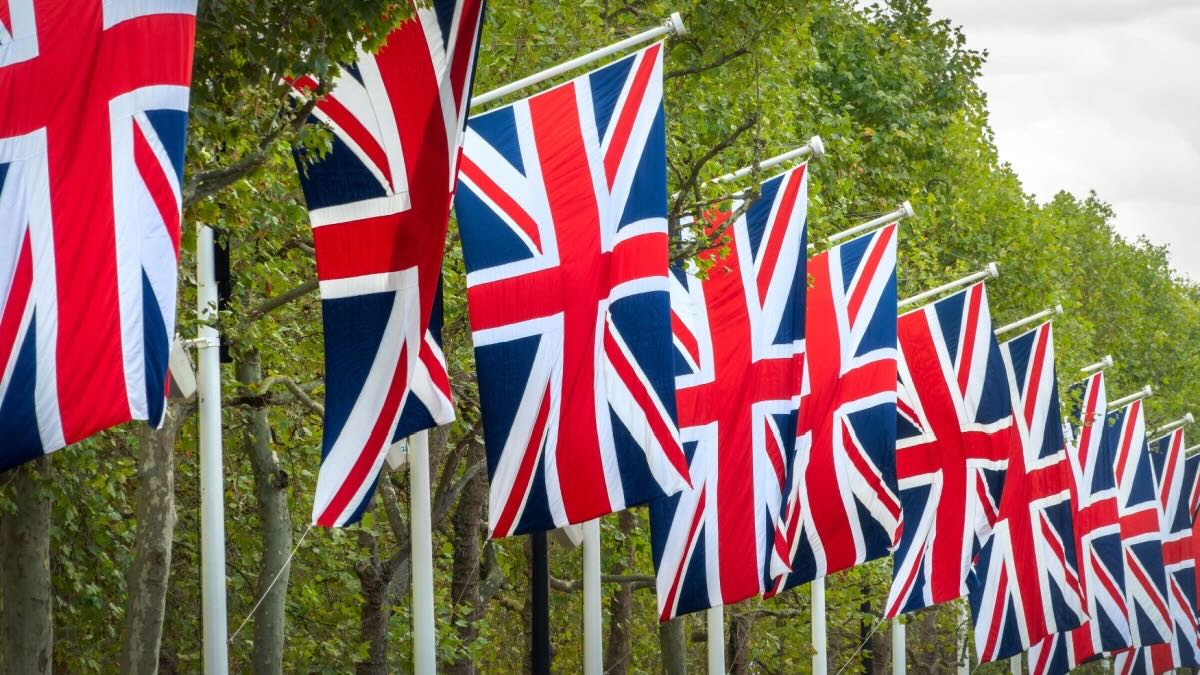TGP Europe has surrendered its licence in the United Kingdom after the Gambling Commission issued a £3.3 million fine to the white label operator.
The fine was issued to TGP, which operated 29 websites in the UK via white-label agreements, for failing to carry out sufficient checks on business partners and breaching anti-money laundering rules.
An investigation by the Commission found that TGP failed to carry out effective due diligence on each entity involved in the ownership of the third party, or on the source of funds for business arrangements.
The regulator also found that TGP did not sufficiently consider money laundering risks, or sufficiently consider any activity by a third party that is illegal, whether in the UK or another territory.
It is the second time TGP has breached regulations after being fined £316,250 by the Commission in April 2023.
“This case involves a gambling company that was unwilling or unable to meet the regulatory standards we expect from our licensees. It is right that they have now exited the British market,” said John Pierce, head of enforcement at the Gambling Commission.
“Following TGP’s exit, several online gambling operators can no longer lawfully offer gambling facilities to consumers located in Great Britain. These sites, previously operating under TGP’s licence, may not provide adequate protection against criminal activity or gambling-related harm and should not be available to GB consumers with immediate effect.”
TGP’s exit from the UK market has cast doubt on several existing sponsorship deals with English football clubs, as these agreements are now with unlicensed operators.
The Commission has already contacted the affected clubs: Bournemouth (BJ88), Fulham (SBOTOP), Newcastle United (Sportsbet.io and Fun88), and Wolverhampton Wanderers (Debet) in the Premier League, and Burnley (96.com) in the Championship.
The regulator is seeking assurance from clubs that they have carried out due diligence on their white label partners and that customers cannot transact with the unlicensed sites.
In addition, these clubs will be asked to show that any steps to geo-block the sites are effective, after the regulator noted that some blocking methods can be circumvented by VPNs.
The penalties for not adhering to the Commission’s request could lead to club officials being liable for prosecution and, if convicted, face a fine, imprisonment or both.
“We have already been in contact with several football clubs today to highlight the impact of the withdrawal from the market by TGP and make clear that we will be carrying out checks, without further notice, to ensure these sites remain blocked,” continued Pierce. “We will also conduct ongoing spot checks as necessary to ensure they are not accessible to consumers in Great Britain by any means. Should any of these sites be available to GB consumers, we will take appropriate action.
“It is essential that football clubs play their part in protecting fans and GB consumers who may be exposed to advertising of these sites through their sponsorship arrangements from harm or exploitation. All licensed operators with similar arrangements to TGP should take notice of the action taken in this case.
“We would like to warn consumers that sites operated by TGP are now unlicensed and may not provide protections against criminality or gambling-related harm.”
Earlier this year Stake, another TGP white label partner that sponsors Everton, shut down its UK-facing site.
